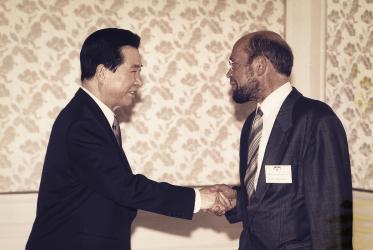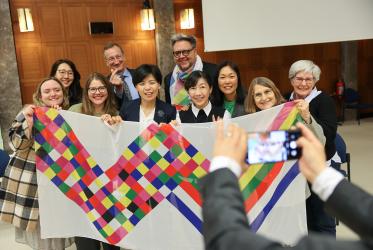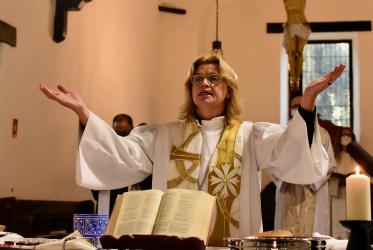In an exclusive interview, a prominent figure in the field of peace and justice, the former general secretary of National Council of Churches in Korea and former executive secretary for the Christian Conference of Asia, Rev. Hong-Jung Lee, shared insights into his journey and experiences working towards peace and justice in the Korean Peninsula. Drawing on his extensive experience and involvement in various ecumenical organizations, he shed light on the importance of healing, reconciliation, and the role of churches and Christians in advancing peace in Korea.
31 May 2023


















